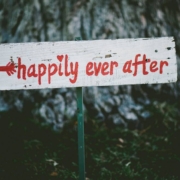What kind of ‘tired’ are we? Let me count the ways
According to Mintel’s latest insights report, 2023 Consumer Trends, if you’re not already suffering from hyper fatigue you soon will be. It’s one of five major global consumer trends predicted to influence our behaviour over the next five years.
That many of us are feeling tired, if not necessarily to a hyper degree, was recently confirmed by a YouGov poll for the World Cancer Research Fund (WCRF). Based on a sample of 2,086 UK adults, its results suggest that 35% of us – that’s more than 1 in 3 – believe that tiredness is preventing us from making healthy changes to our diet and physical activity levels.
But as Emma Beddington of the Guardian points out (Guardian, 21 May 2023), tiredness and even hyper-tiredness come in many shapes and sizes. As she goes on to say, ‘… surely there must be better ways to describe what we’re experiencing? One word shouldn’t cover everything from a 50-mile bike ride, to five teething night feeds, to soul-crushing world-weariness’.
I agree, and am reminded of a series of LinkedIn posts I created a while back on the habit many public writers have of using one blunt word repeatedly instead of multiple precise ones. Over the coming weeks and months, I’ll share them with you. I wonder how many of them you use? 😁
____________________


